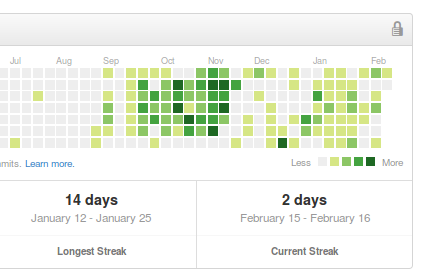Adventures in recalibrating my models of social reality ... Portland edition! (Previous adventures in Portland.)
"I think the man who asked me for change was trying to scam me. At the end of the interaction-slash-negotiation, I had given him three dollars, and I didn't get any quarters back, which is not how making change is supposed to work. Does ... does the poor thing not even have a concept of 'scam'? Is this just how his tribe makes a living?"
"Asking for change has two meanings. One is, 'please give me an equal value of smaller-denomination currencies for this single instance of a larger denomination.' This is the version of 'change' where it means to change one form of the same number to another. But because of that definition, small amounts of money like coins became known as 'change'. For example, 'pocket change to go to the movie,' only referenced as a small amount of money, not a conversion of form. Which then leads to the definition of 'Can I have change?' being ambiguous: on one hand they might want you to change the denominations of currency—what you expected, quarters—or on the other, they may be asking you to give them, for free, with no return, a small amount of money. As in, a handout to a beggar. Guy was asking you for second thing. He did not intend, and you were not meant to assume, any money would be returned to you. But this is ambiguous and annoying, I agree."
"I see. People in my social class are trained to either ignore lower-class street folk, or just give them money to ease our conscience; I wanted to try to break that script and just treat people as people. But 'treating people as people' should not be construed in such a way as to assume that when such a man asks for change, he means the same thing that I would mean if I were to ask someone for change. Although ... I summarized the situation to you as him 'asking for change', but I specifically remember him saying something about his friend having an entire roll of quarters, which I interpreted as him wanting me to give him ten dollars for the whole roll—ten dollars being the value of a standard-size roll of quarters—and I was trying to communicate that I wouldn't give him any more dollars after the third one, and that he should give me twelve quarters in return, even if that meant having to open the roll, assuming that I was doing the arithmetic in my head correctly that four quarters per dollar, times three dollars, equals twelve quarters. So I think it was a scam! But, that's just how his tribe makes a living. Except—wait! There's another way in which my initial interpretation of the situation made bad predictions because it was self-centered: when someone asks for change in the sense of wanting the same value in different denominations, the person asking is the one with the larger denomination to start: they want smaller units because they're easier to spend. So given that the man was the one asking for change from me rather than the other way around, I should have been able to infer that he meant it in the sense of a small amount of money as a handout, rather than in the sense of changing denominations. We could imagine him meaning it in the sense of changing denominations if he were trying to provide the service of providing smaller denominations for larger to passerby in exchange for a small fee: for example, by taking my three dollars and giving me eleven quarters back. But I assign a low prior probability to that having been his intent."
(thanks to Katie C. for explaining)
